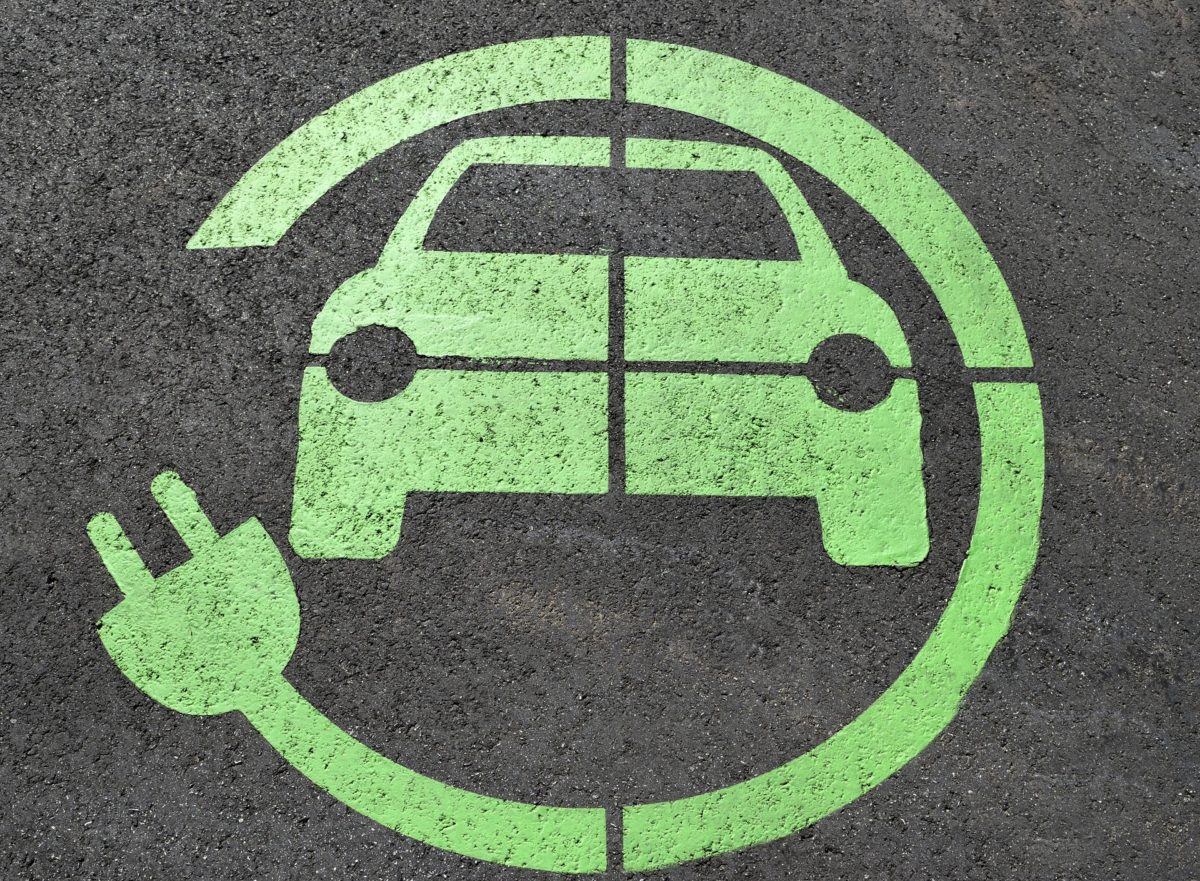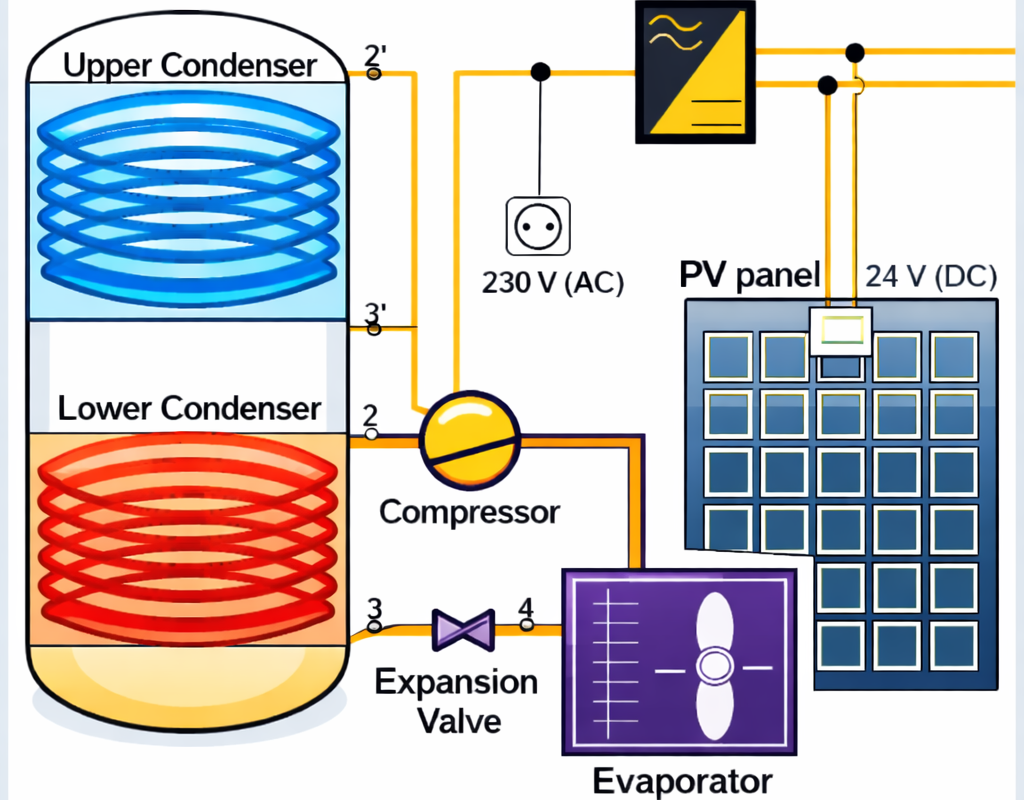From pv magazine India.
App-based commuter transport service Shuttl and Delhi utility BRPL have joined the Climate Group’s EV100 campaign to drive adoption of electric transport and have pledged to convert their fleets to electric and install charging infrastructure.
Shuttl – which operates almost 30,000 shared bus rides daily in the Delhi-NCR [National Capital Region] and Kolkata – will add 300 electric buses to its fleet by next year and install more than 50 charging points in prime locations on established routes.
Utility BSES Rajdhani Power Limited – BRPL – will convert its service delivery fleet to electric by 2030. It is also investing in testing models to support stabilizing the grid for EV charging, as well as into pilot schemes concerned with how to effectively integrate renewable electricity into its network.
Shuttl India founder Amit Singh said: “Shuttl is pioneering urban mobility space by offering ridesharing in buses. Buses are the most efficient way to move people within cities – efficient with respect to emissions as well as surface area on the road. Shuttl has succeeded in moving people away from cars as it provides assured seats in AC [air conditioned] buses and thereby reduces congestion and pollution in our cities.
“EVs are the future of mobility and Shuttl is keen to play a key role in [the] adoption of electric buses in India, which will help further reduce emissions.”
Government is on board
Amal Sinha, chief executive of BRPL said: “BRPL is committed towards green and sustainable initiatives that are beneficial both to our consumers as well as the Indian public. Promoting e-mobility and renewables are two main drivers to reach our climate action goals. As part of this resolve, we have started inducting a fleet of electric cars and partnering with organizations to set-up a network of e-charging stations for our consumers.”
The Climate Group is an international non-profit organization, founded in 2004, which has offices in London, New Delhi and New York. It aims to accelerate climate action through initiatives such as EV100 which, according to its website, “brings together forward looking companies committed to accelerating the transition to electric vehicles and making electric transport the new normal by 2030”.
The government of India has pledged to convert 30% of its road vehicles to electric by 2030. The Union cabinet chaired by Narendra Modi – who is currently contesting national elections – recently approved the implementation of a Faster Adoption and Manufacturing of Electric Vehicles in India Phase II scheme, for the promotion of electric mobility.
The scheme has a total outlay of Rs10,000 crore ($1.44 billion) up to the 2021-22 financial year. Its main objective is to encourage faster adoption of electric and hybrid vehicles by offering upfront incentives on their purchase and by establishing charging infrastructure.
This content is protected by copyright and may not be reused. If you want to cooperate with us and would like to reuse some of our content, please contact: editors@pv-magazine.com.




That’s a great move. The government should replace all diesel running buses with E-Buses. It will reduce not only air pollution but also noise pollution. Maybe by 2025, we would see serious actions by the Government.